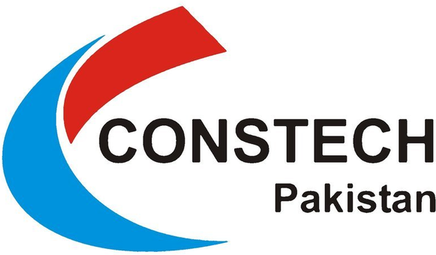ISO 37001
ISO 37001 is an international standard developed by the International Organization for Standardization (ISO) that provides guidelines for establishing, implementing, maintaining, and improving an anti-bribery management system. Titled “ISO 37001:2016 – Anti-bribery management systems — Requirements with guidance for use,” this standard is designed to help organizations prevent, detect, and address bribery and corruption.
Key features and requirements of ISO 37001 include:
Scope and Applicability: ISO 37001 outlines the scope of the anti-bribery management system and establishes criteria for its applicability to the organization’s activities, products, and services.
Leadership and Commitment: The standard emphasizes the role of top management in providing leadership and commitment to the anti-bribery management system. This includes the development of an anti-bribery policy and the promotion of a culture of integrity within the organization.
Anti-Bribery Policy: Organizations are required to establish and communicate an anti-bribery policy that reflects their commitment to compliance with anti-bribery laws and regulations.
Risk Assessment and Due Diligence: ISO 37001 encourages organizations to conduct a risk assessment to identify and assess bribery risks. Due diligence processes are also recommended for addressing risks associated with business partners, transactions, and other relevant activities.
Training and Communication: Organizations are required to provide anti-bribery training to relevant personnel and establish communication channels to raise awareness about the anti-bribery policy and procedures.
Monitoring and Measurement: The standard includes provisions for monitoring and measurement of the anti-bribery management system’s performance. This involves regular assessments, audits, and reviews to ensure its effectiveness.
Investigation and Corrective Action: ISO 37001 addresses the need for organizations to establish processes for investigating and addressing incidents of bribery. Corrective actions are also required to prevent recurrence.
Documentation and Records: Organizations must maintain documentation and records related to their anti-bribery management system, including the anti-bribery policy, risk assessments, and records of training and communication.
Certification to ISO 37001 by accredited certification bodies provides organizations with a recognized framework for demonstrating their commitment to anti-bribery practices and can enhance their credibility in the marketplace. The standard is particularly relevant in today’s global business environment, where transparency and ethical conduct are increasingly valued by stakeholders.
